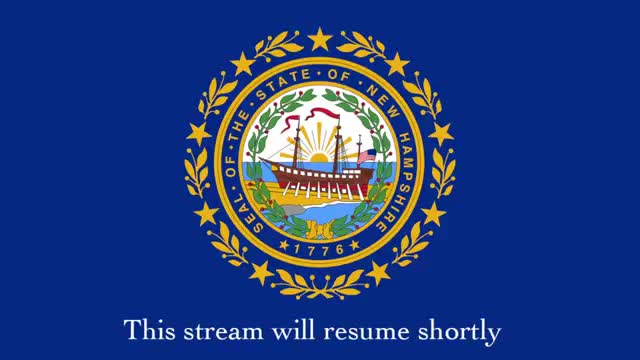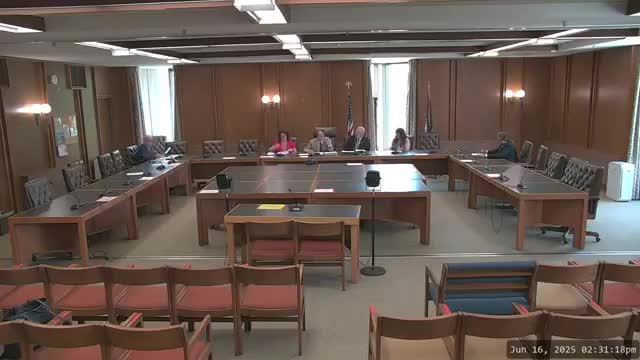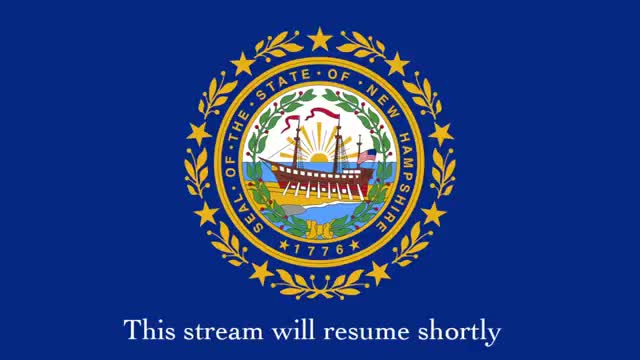Article not found
This article is no longer available. But don't worry—we've gathered other articles that discuss the same topic.

Committee deadlocks on energy bill after disputes over procurement windows and net metering; bill set aside

Committee approves amendment requiring court filing to seal lottery winner identity in HB 485

Committee narrows family‑responsibility statute in HB 132, changing 'shall' to 'may' and setting Jan. 1 effective date

